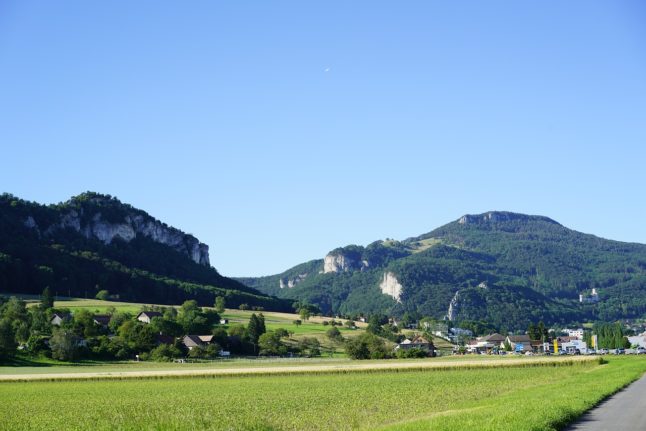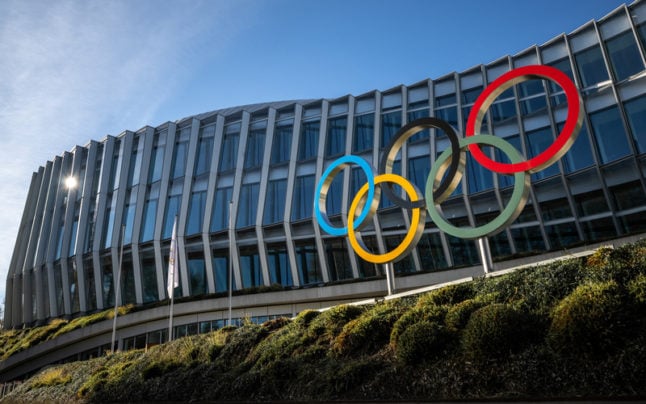Overall, Switzerland has a high standard of living.
According to the Federal Statistical Office (FSO), “the standard of living in Switzerland remains one of the highest in Europe. This means that despite the high price levels in Switzerland, the population’s financial situation, after deduction of obligatory expenditure, is more comfortable than that of its neighbouring countries and countries in the European Union.”
However, Switzerland does have poor people as well.
The latest available statistics (2021) indicate that that 8.7 percent of the Swiss population live in poverty. As a comparison, in Germany that number is 14.7 percent, in France it is 15.6 percent, and in Italy just over 20 percent.
‘Poverty’ is defined in Switzerland at 2,279 francs per month on average for a single person, and 3,976 francs per month for two adults and two children.
Admittedly, this income threshold is higher in Switzerland than elsewhere, but the cost of living here is higher as well.
This group is primarily made up of single-parent households, people with no education or training beyond the compulsory schooling, single people under 65 without children and who live alone, as well as immigrants.
Where are the ‘poorest’ regions in Switzerland?
Based on median incomes, three cantons fall into this category: Jura, Valais, and Ticino.
The average annual income in the country is 80,000 francs, but in Jura it is 51,000 francs and in Valais 55,000 francs.
As for Ticino, it has among the lowest wages in Switzerland, both in top professions and among less qualified jobs, according to Corriere di Ticino newspaper, which based its report on data from the Federal Statistics Office.
Among the reasons why these three cantons trail behind other Swiss regions, income-wise, is that heavy industry is scarce there, and though both Valais and Ticino are tourist spots, that revenue stream is iffy.
But again, even the areas that are considered ‘poor’ are still better off than comparable regions in other countries.
For instance, while Jura is poor by Swiss standards, the canton is still considered economically attractive to thousands of cross-border commuters who come here to work from neighbouring France.
READ ALSO: The Swiss cantons with the highest (and lowest) incomes
Do poor people live in slums?
Unlike some other countries, Switzerland doesn’t have ‘poor’ districts where only disadvantaged people live or, even less so, slums.
The definition of a slum is “a highly populated urban residential area consisting of densely packed housing units of weak build quality …the infrastructure in slums is often deteriorated or incomplete.”
In that sense, Switzerland doesn’t have slums or ‘ghettos.’
However, most major cities have neighbourhoods where rents are lower or social housing exists, so poorer residents tend to move there.
For instance, Kreis 4 between the Hauptbanhof and Langstrasse in Zurich, Paquis in Geneva, and Renens in Lausanne are such meighbourhoods.
This doesn’t mean that everyone residing in these areas falls below the poverty level, but this is where large numbers of these people live.



 Please whitelist us to continue reading.
Please whitelist us to continue reading.
Member comments